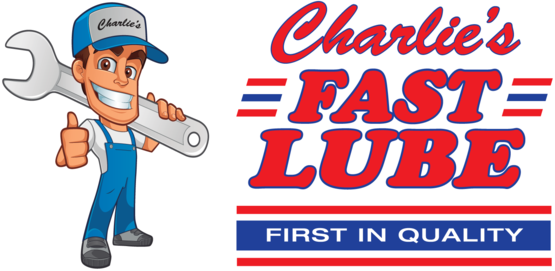When Metal Meets Metal (Wheel Bearings)
September 4, 2022
What part of your vehicle has little metal balls inside that are lubricated and allow you to cruise on down the road? They are wheel bearings, and automotive designers might argue they are human beings' second greatest invention of all time (the first is, of course, the wheel!).
You have a wheel bearing at each wheel. They allow your wheels to turn freely, minimizing friction that would ordinarily slow you down when metal meets metal. When one of your wheel bearings starts to go bad, it lets you know. A wheel bearing does its work quietly when it's in good health but starts getting noisy when it isn't. People describe the noise differently. Sometimes it sounds like road noise, a pulsating, rhythmic, sound. That pulse speeds up when your vehicle speeds up.
Here's what's happening when you hear that sound. As mentioned, the bearing has these little metal balls inside a ring. They have a lubricant inside to reduce friction between the balls; modern wheel bearings are sealed and they're intended to do their job without any maintenance.
Wheel bearings take a beating; you hit some rough potholes or go over some uneven railroad tracks. Sometimes water can get into a bearing and reduce the ability of the lubricant to do its job. Time starts to take its toll, too. When the lubricant isn't reducing friction like it should, the bearing can heat up. One of those little balls can start shedding pieces of metal and soon those shards start grinding up the other balls. Friction takes over and soon your wheel isn't turning smoothly. That's what's causing the sound. If a wheel bearing is not fixed, it could eventually seize up completely, and you can be stranded.
It's a lot easier if you heed the early warning signals, that pulsating noise. Now, sometimes a similar noise can be caused by a bad tire, but in either case, it's important to have it checked out. Our Charlie's Fast Lube Jackson technicians will be able to tell you fairly quickly what the problem is and offer a solution.
Wheel bearings generally don't fail often and usually last from 85,000-100,000 miles/140,000km to 160,000km. But consider them a long-term maintenance item that, once fixed, will keep you heading smoothly to the next destination.
Charlie's Fast Lube Jackson
1901 E. Jackson Blvd.
Jackson, Missouri 63755
575-243-2226
http://www.charliesfastlubejackson.com
Need Service?
More articles from Charlie's Fast Lube Jackson

Feeling Powerless (Why Is My Battery Light On?)
March 30, 2025
When one of your vehicles warning lights comes on, the first thing that comes to mind is, Oh, no, whats wrong now? When its the battery light, it means theres something wrong with your vehicles battery or charging system. And because both are important for your vehicle to work properly, its a go... More

Your Vehicle's Hissy Fit (AC System)
March 23, 2025
When you hear hissing sounds coming from your vehicle, you might start thinking the worst. One type of hissing coming from around your air conditioner may be a normal sound, or it could be a sign of serious trouble. First - the normal sound. When you turn off your vehicle, the refrigerant goes... More

Your Biggest Fan (Radiator Fan Problems)
March 16, 2025
Your vehicle's engine makes a lot of heat when it's powering you down the road, so it needs a way to get rid of that energy. That's why your vehicle has a cooling system, complete with a radiator and one or two radiator fans, also called cooling fans. Those fans make sure air keeps moving acros... More










